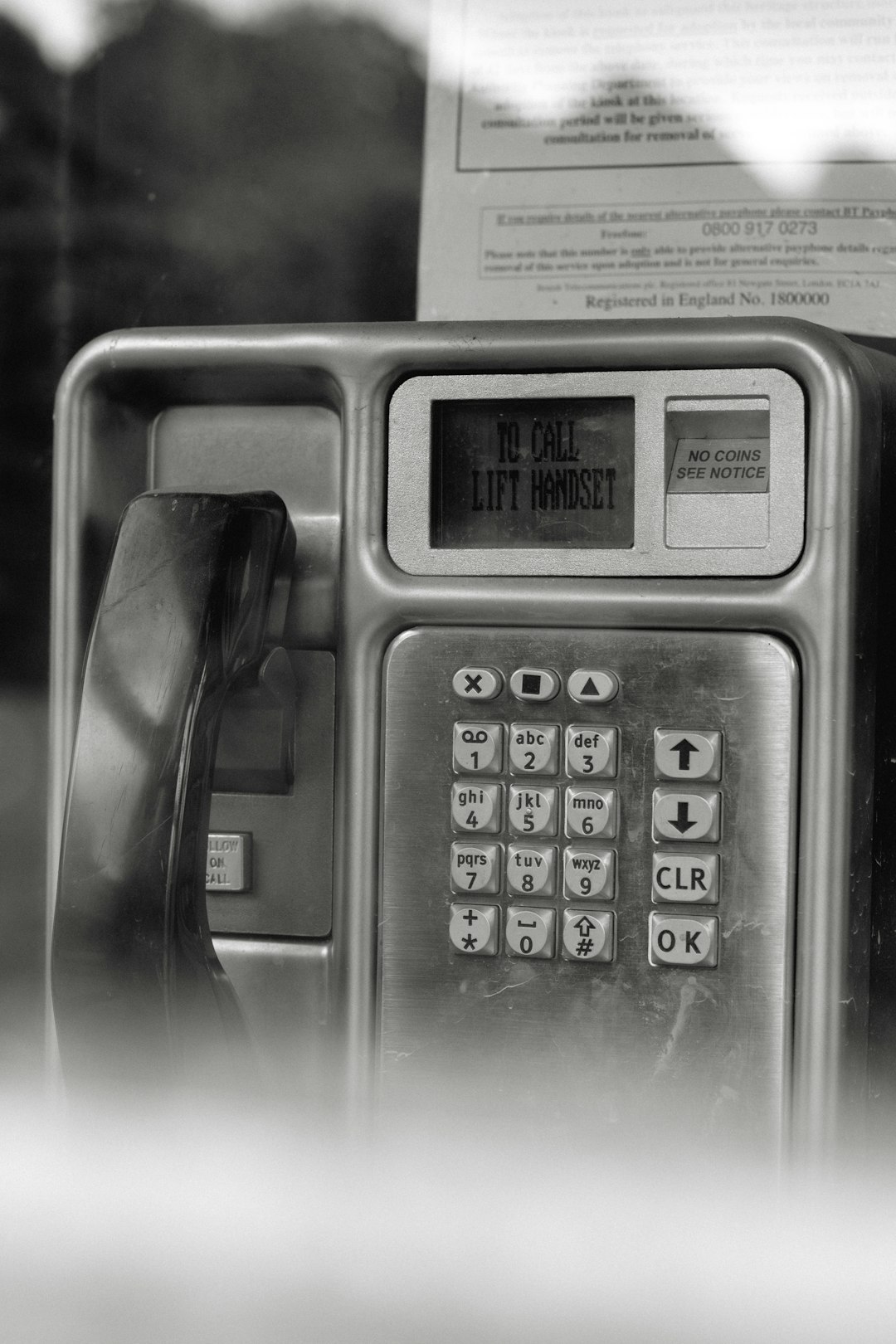Oregon's strict debt collection laws, including the "Do Not Call" rule, protect consumers from abusive practices by limiting unsolicited calls. When errors occur, individuals should meticulously document inaccuracies, keep detailed records, and verify debt validity directly with collectors within 30 days. Legal recourse includes filing complaints with the Oregon Attorney General's Office or consulting specialized attorneys to protect consumer rights, avoiding unnecessary interactions with "Do Not Call law firms Oregon."
“In Oregon, debt collection practices are governed by strict regulations designed to protect consumers from abusive or inaccurate practices. This article guides you through the legal recourse available for errors in debt collection. We’ll explore Oregon’s debt collection laws, teach you how to identify and document inaccuracies, and outline legal actions against collectors. Additionally, we’ll empower you with steps to protect your rights after encountering such errors, ensuring you’re equipped to navigate this process effectively without involving law firms.”
Understanding Debt Collection Laws in Oregon

Oregon has specific laws governing debt collection practices, ensuring consumers are protected from unfair or abusive tactics. Understanding these laws is crucial for those facing debt collection issues. The state’s laws are designed to promote fair and transparent communication between debtors and collectors, with a particular focus on avoiding harassment and false representations.
One key aspect is the “Do Not Call” law, which restricts debt collectors from making telephone calls to consumers who have registered their numbers with the Oregon Public Utilities Commission. This law provides a layer of protection for residents, allowing them to opt-out of unsolicited calls. Additionally, Oregon has strict rules regarding the accuracy of information collected and the methods used to retrieve it, ensuring that any errors in debt collection processes can be legally addressed.
Identifying and Documenting Collection Errors

When dealing with debt collection errors, the first step is to identify and document the inaccuracies. Consumers should carefully review any information provided by collectors, comparing it against their own records and receipts. This process involves meticulous attention to detail as even a single misstatement can lead to significant disputes.
Effective documentation is key. Keep detailed notes of conversations with collectors, including dates, times, and specific statements made. Collect and organize all relevant documents that support your position. These could include contracts, payment records, or any communication (emails, letters) exchanged with the collector. Such thorough record-keeping becomes invaluable when needing to do not call law firms Oregon and instead present a strong case directly to the debt collector or through legal channels.
Legal Actions Against Debt Collectors

If debt collectors in Oregon have made errors, individuals may have legal recourse. While many resolve issues through direct communication with the collector, those who face recurring mistakes or violations of their rights can take more formal actions. Filing a complaint with the Oregon Attorney General’s Office is an initial step for consumers to signal dissatisfaction and initiate an investigation into the debt collector’s practices.
For more severe cases involving harassment, false representations, or unfair collection tactics, individuals may pursue legal action against the debt collector. Consulting with an attorney who specializes in consumer rights—and specifically handles matters related to debt collection—is crucial. These professionals can guide consumers through their options, which include negotiating settlements, filing lawsuits, or seeking injunctions to stop further violations, without encouraging them to call law firms in Oregon directly.
Protecting Your Rights: What to Do Next

If you believe a debt collection agency has made an error in their attempts to collect a debt from you, it’s crucial to take immediate action to protect your rights under Oregon law. The first step is to gather evidence of the mistake; this could include communication logs, payment records, or any other documentation that refutes the claim. Once you have your evidence, do not call law firms in Oregon—instead, reach out directly to the debt collector and demand verification of the debt’s validity.
Next, consider disputing the debt with both the collection agency and the original creditor. You can send a written dispute letter detailing the error and requesting validation of the debt. In Oregon, collection agencies must provide you with specific information about the debt, including its origin and current status, within 30 days. This process allows you to navigate any errors, ensuring that your rights as a consumer are respected throughout the debt collection process.






